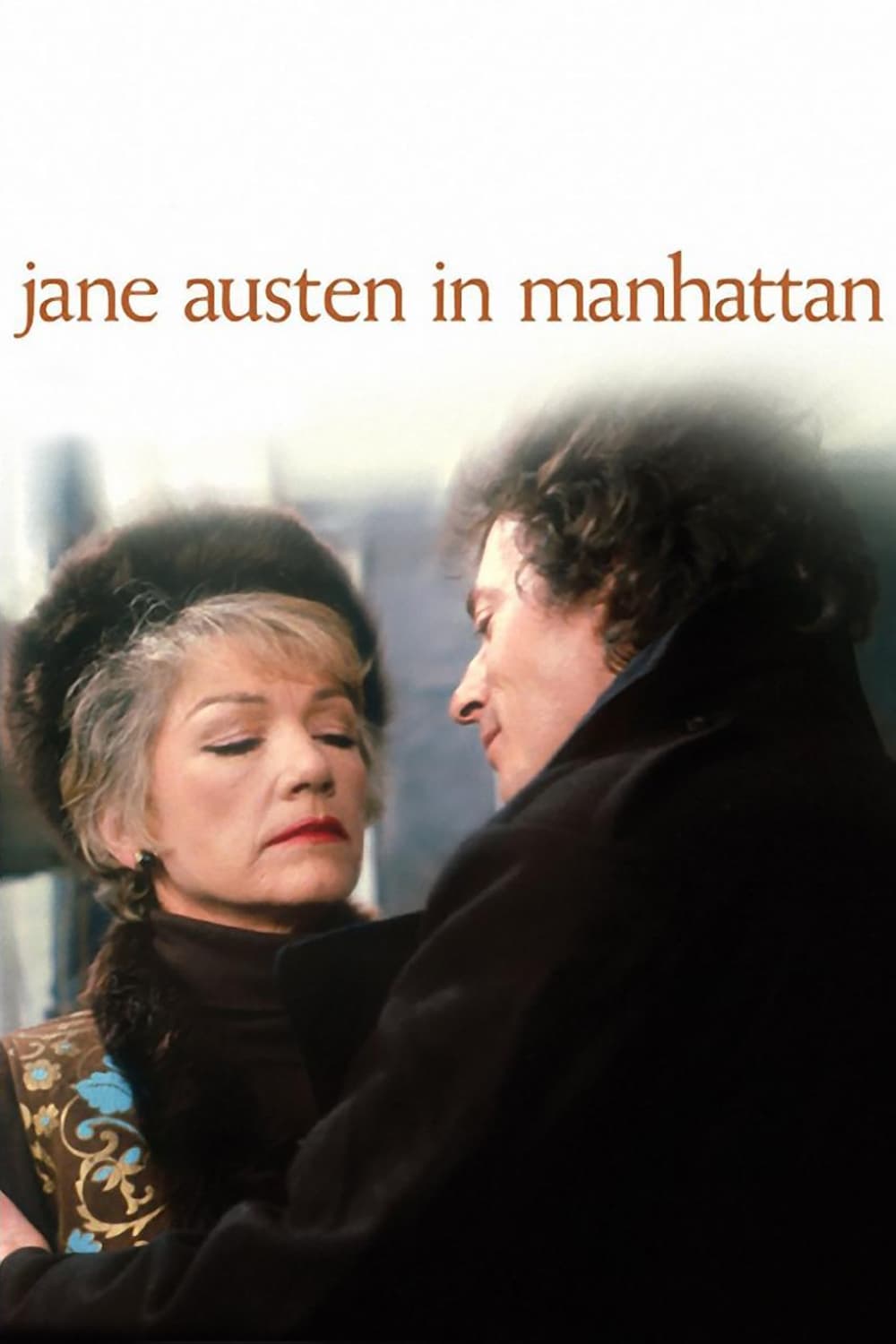
Two teachers vie for the right to stage a play written by Jane Austen when she was twelve years old.
07 Mar Jane Austin in Manhattan (1980)
The Chosen
I am usually offended, retroactively offended by Ivory – Jhabvala films. They have a quiet, deep consistency that draws respect the same way a cathedral does. But the uncomplicated emotional links and the sentimental world in which they exist gets to me, and taints dreams for days afterward.
Good news. Here is that same hushed god of relationships and presentation, but it is turned on the process of filmmaking itself. This isn’t the complex, multiply nested structure of “Vanya on 42nd Street,” but it is similar.
In the film, the main arc is two “films” competing with each other to exist. One is the sort of slick, attractive think that is now synonymous with Merchant-Ivory. The other is something more intuitive, emotional, experimental. These two film realities become characters in themselves, resolving in just the same way we would later see the characters in “Remains.”
The “slick” one is pretty and connects with presentation values we can understand. It is backed by the establishment that finances “art,” and thus wins in the contest. Along the way, the worst features of both are highlighted.
The “gritty one” requires obedience to a cult, destruction of marriages, ruining of souls and penury. But it transcends and makes one whole. The nicety nice one is a matter of effete conspiracy and Brahman tastes. Needless to say, as we follow writer Jhabvala and her two collaborators, the nicety nice wins, as it does here. And at the same cost.
The actors who provide surrogates for these two are lovers who have fallen out. When together, they confuse performance with life. There is a third way, shown by the lost husband of Sean Young‘s character. His acting has no pretension to art; it is neither ambitious nor pretty, simply entertaining.
The device around which this revolves — the script for the competing plays — is a lost manuscript by Jane Austen. As if everything I have mentioned so far is not a sufficient fold of life on the film, this film comes from the acquisition of that same manuscript.
You will recall that Austen could be said to have shaped the modern long form novel, based on her own fold: the parallel stories of people who are seriously motivated by the urges of the time overlain with observations on how arbitrary and silly those are. While Merchant, Ivory and Jhabvala are smart enough to know the costs of what they do, they decide anyway. Silly works.
Posted in 2010
Ted’s Evaluation — 3 of 3: Worth watching.


No Comments